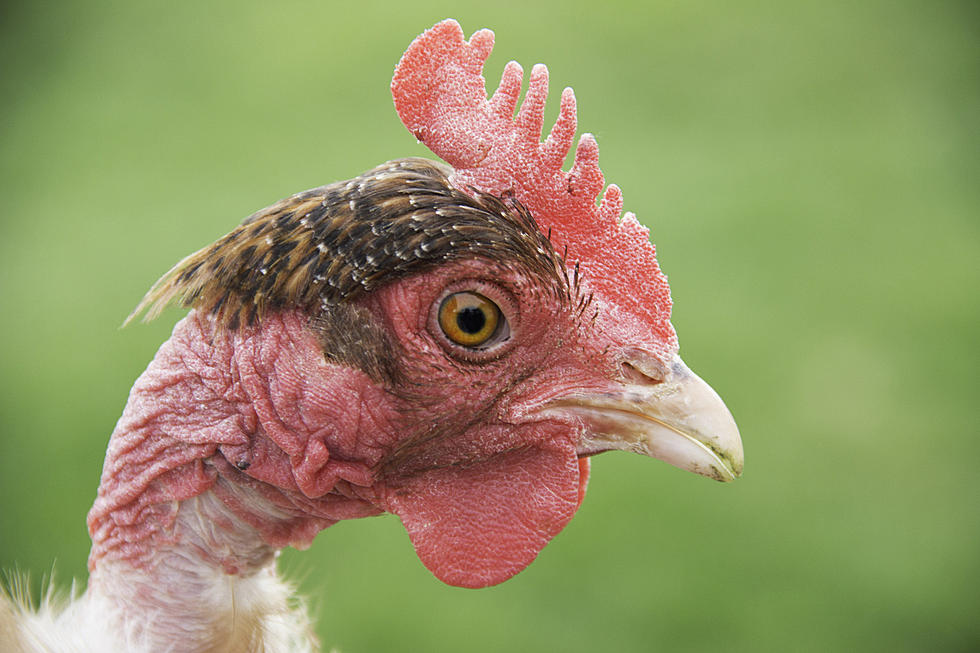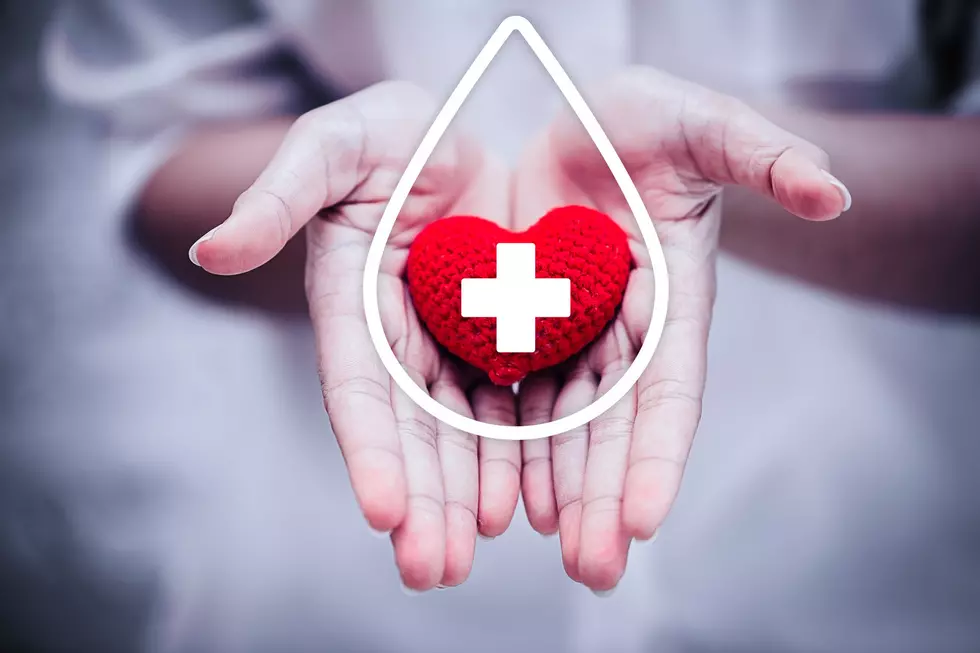
CDC: Don’t Kiss and Snuggle Your Chicken!
Attention Northland chicken owners! The Centers For Disease Control has issued an alert regarding salmonella outbreaks that have been linked to contact with backyard poultry.
According to the CDC, 163 people have been reported ill from 43 states and 1/3 of the sick people are children under 5. While 34 of those people needed hospitalization, thankfully no deaths have been reported. They also add that the actual number of sick people is likely to be much higher than the reported number, as many people likely recovered on their own and never got tested for salmonella.
The CDC says that even though backyard poultry can look healthy and clean, they can carry salmonella germs and even the most experienced backyard poultry owners need to be aware of the risks and what they need to do to say healthy.

They offer the following tips for anyone who owns or is around backyard poultry:
Wash your hands
- Always wash your hands with soap and water immediately after touching backyard poultry, their eggs, or anything in the area where they live and roam.
- Use hand sanitizer if soap and water are not readily available. Consider having hand sanitizer at your coop.
Be safe around backyard flocks
- Don’t kiss or snuggle backyard poultry, and don’t eat or drink around them. This can spread Salmonella germs to your mouth and make you sick.
- Keep your backyard flock and supplies you use to care for them (like feed containers and shoes you wear in the coop) outside of the house. You should also clean the supplies outside the house.
Supervise kids around flocks
- Always supervise children around backyard poultry and make sure they wash their hands properly afterward.
- Don’t let children younger than 5 years touch chicks, ducklings, or other backyard poultry. Young children are more likely to get sick from germs like Salmonella.
Handle eggs safely
- Collect eggs often. Eggs that sit in the nest can become dirty or break.
- Throw away cracked eggs. Germs on the shell can more easily enter the egg though a cracked shell.
- Rub off dirt on eggs with fine sandpaper, a brush, or a cloth. Don’t wash them because colder water can pull germs into the egg.
- Refrigerate eggs to keep them fresh and slow the growth of germs.
- Cook eggs until both the yolk and white are firm, and cook egg dishes to an internal temperature of 160°F to kill all germs.
The CDC also says that you should contact your health provider right away if you suffer from any of the severe symptoms that can be caused by salmonella. Those symptoms include diarrhea and a fever higher than 102°F, diarrhea for more than 3 days that is not improving, bloody diarrhea, the inability to keep liquids down and signs of dehydration.
LOOK: Stunning animal photos from around the world
LOOK: Here Are 30 Foods That Are Poisonous to Dogs
More From B105









